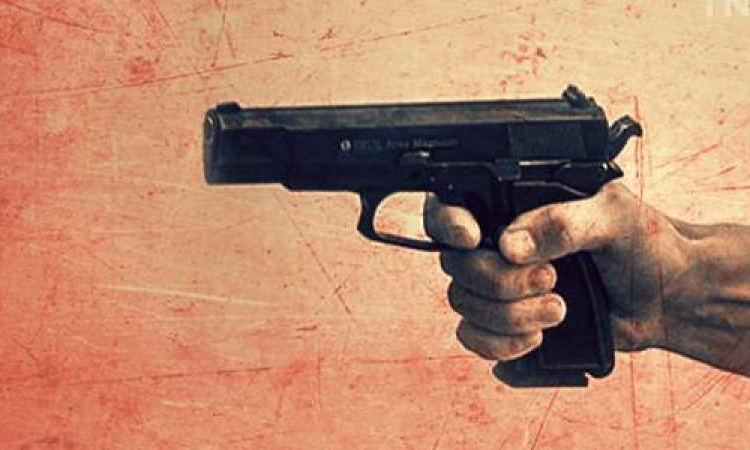The Delhi High Court has reserved judgment in a writ petition raising a question as to whether a member of the Rifle Association is permitted to have more than two guns at a time. The question came up for consideration before Justice Yashwant Varma in view of a petition challenging the order of Joint Commissioner of Police Licensing, Delhi directing a member of the Association to surrender one...

